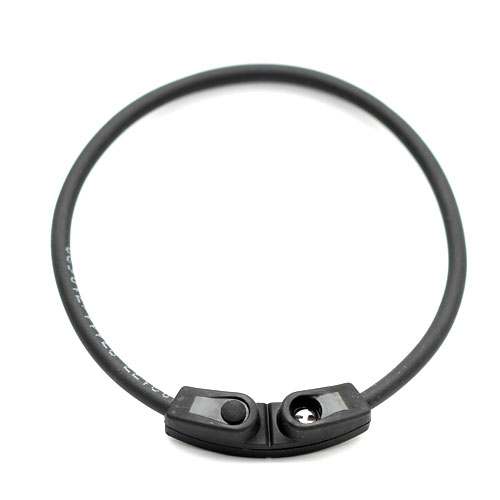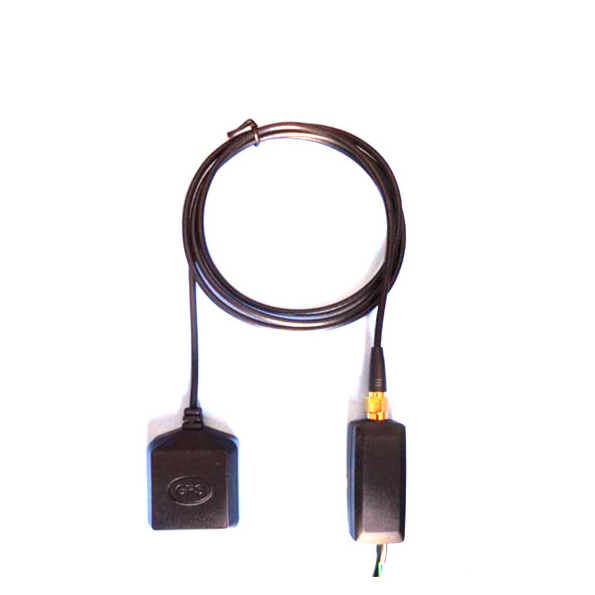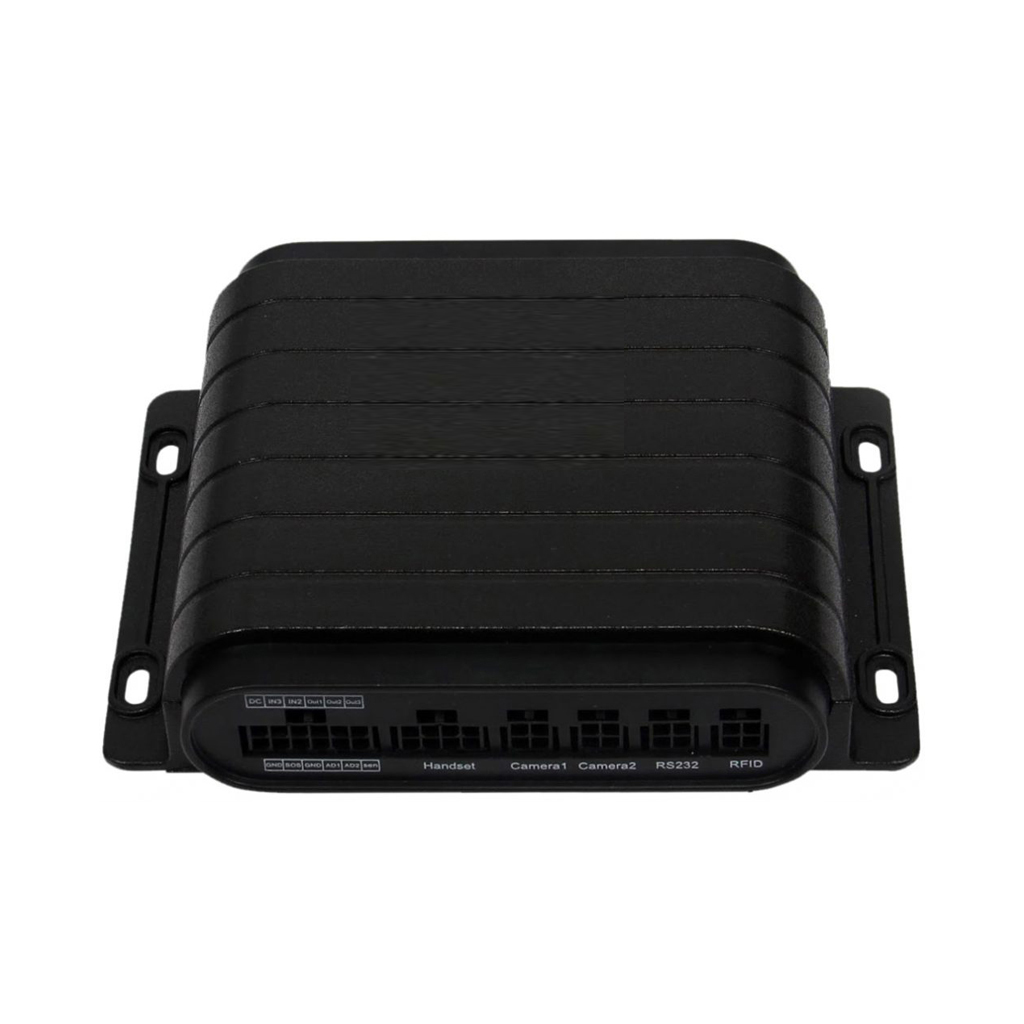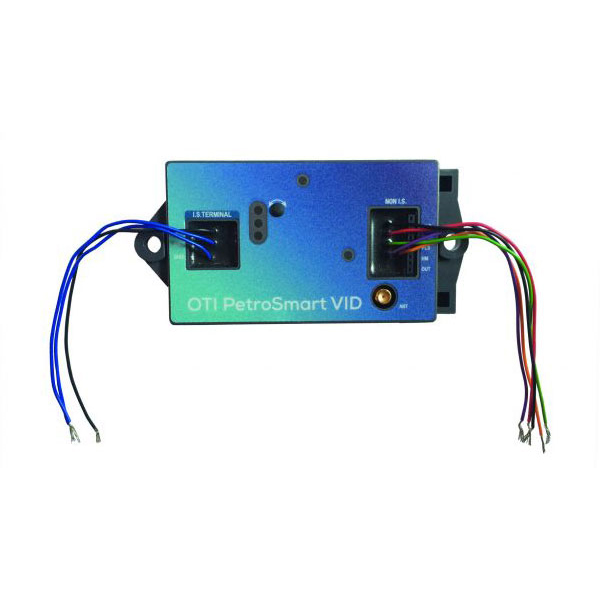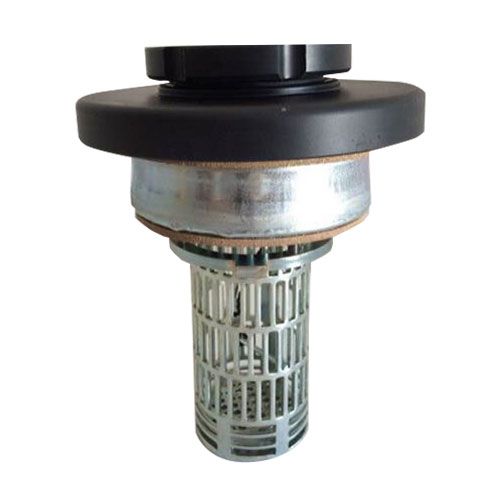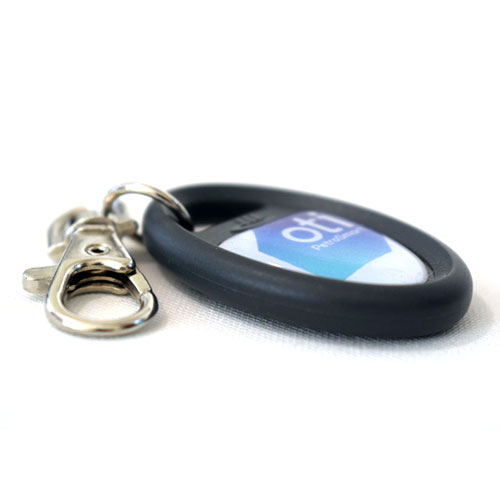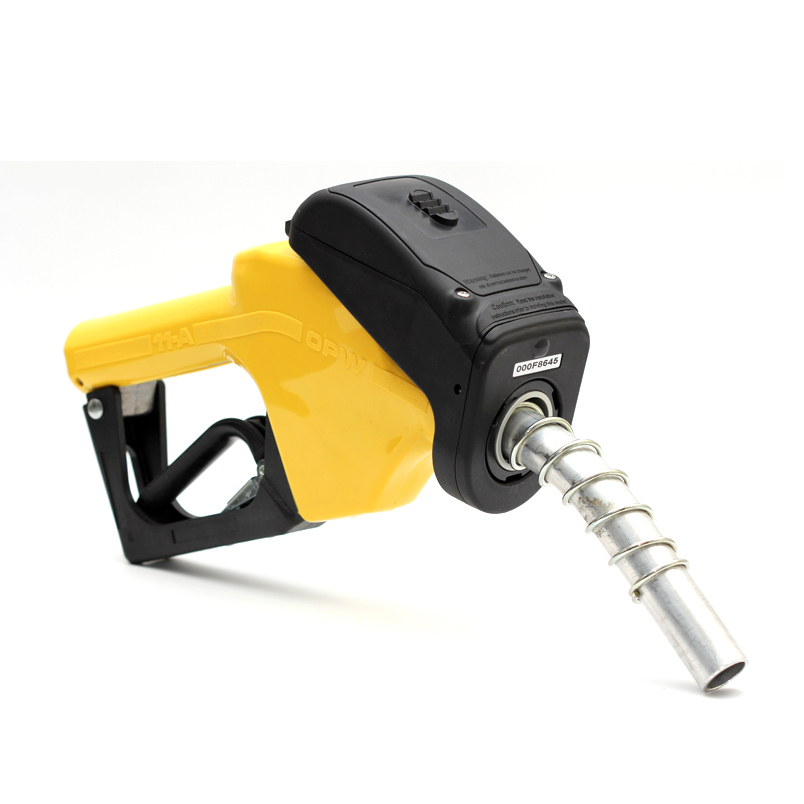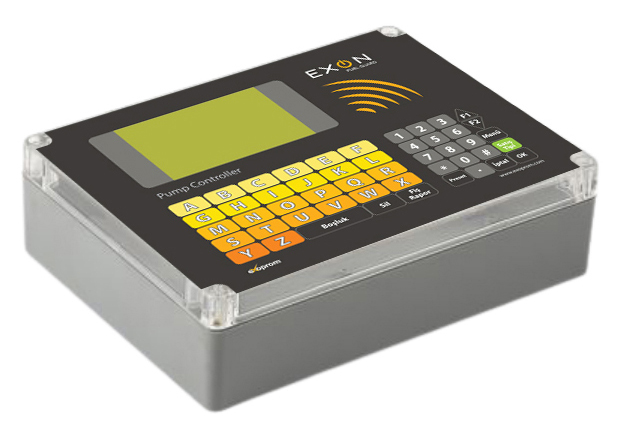Fill & Go System
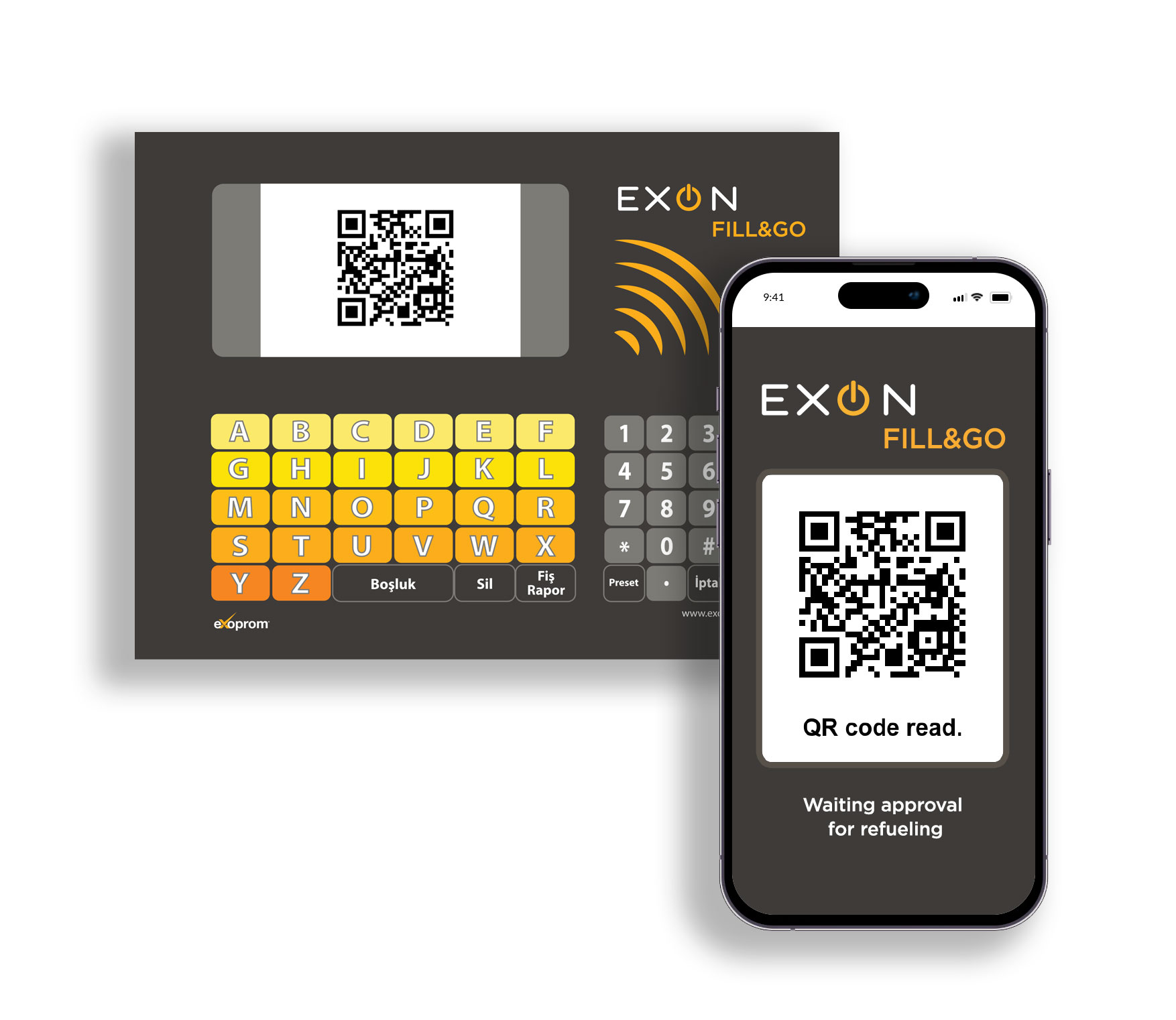
Exon Fill&Go
Exoprom fuel technologies add value to your customers' time spent at the station with the fill-and-go application and provide reliable statistical reports on fuel purchases to oil companies.
How It Works
- Each vehicle user downloads the "Exon Fill&Go" application from Google Play or Apple Store to their mobile phones.
- User account is created.
- Personal account information is entered into the system: User and vehicle details
- If there is no credit card information or if they do not want to be integrated it into the application, users load money into the e-wallet within the application.
- When the user is going to buy fuel, user opens the Exon Fill&Go application on their mobile phone.
- Reads the QR code on the Exon Fill&Go device screen on the pump using the application on the mobile phone.
- On the Exon Fill&Go reader, input options appear as liter or money amoun
- The customer selects the amount of fuel to be purchased in liters or as the amount of money on the touch screen, or if he/she will receive a different amount from the options, he/she enters it manually.
- The system blocks the money value of the amount entered from the existing limit in the credit card or e-wallet.
- After the pump is approved the filling, pump starts to run and gives the fuel after confirmation.
- If the vehicle tank is full before the selected fuel amount, excess remaining amount of money is returned to e-wallet.
- After the refueling process is completed and fuel pump gun is turned off, the account statement of the user after refueling is given on the Exon Fill&Go screen.
- All details about refueling can be reported and printed on the Exon Fill & Go app.
Benefits for Oil Companies
- Customer satisfaction.
- Customer behavior profile statistics.
- Ability to organize customer promotions according to the amount of fuel purchase.
- To create a profile of customers who buy fuel from the station.
- Number of fuel output per day, month, year.
- Daily monthly annual fuel sales amount.
- Analysis of how often customers buy fuel.

